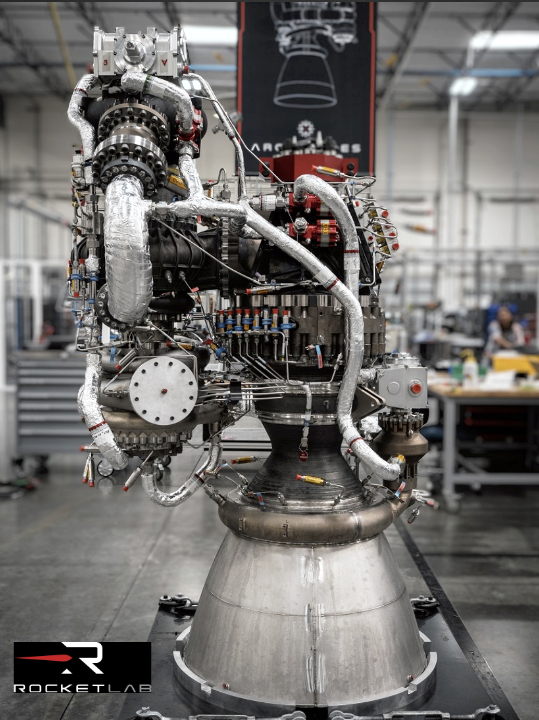Rocket Lab recently announced that the debut flight of its Neutron launch vehicle is delayed until mid-2025. This delay comes as the company completes tests on the first Archimedes engine, designed for the Neutron rocket. The engine, which uses methane and liquid oxygen, has been installed and is undergoing a series of system activations and static-fire tests at the Stennis Space Center in Mississippi.
Initially, Rocket Lab had projected the Neutron’s first launch by the end of 2024. However, the company now anticipates a delay due to various factors, although no specific technical issues have been cited. CEO Peter Beck stated that the delay was not caused by any major technical challenges but rather by a combination of factors accumulating over time.
The delay is not entirely unexpected, as the development of new rocket engines typically involves challenges and setbacks. Beck acknowledged that engine development is often the most time-consuming aspect of developing a new launch vehicle.
Despite the setback, Rocket Lab is continuing to make progress on other aspects of the Neutron program, including the construction of composite structures for the rocket and the development of its launch site at Wallops Island, Virginia. The company still plans to invest between $250 million and $300 million in the development of the Neutron.
Additionally, Rocket Lab provided updates on its Electron rocket program, stating that it expects to surpass the 10 launches conducted in 2023. However, the company may not achieve its earlier projection of 22 Electron launches in 2024 due to delays from customers. Beck described managing customer schedules as “a game of manifest whac-a-mole.”
Despite the delays, Rocket Lab reported significant revenue growth in the first quarter of 2024 compared to the same period in 2023. However, the company also recorded a net loss for the quarter, albeit slightly improved from the previous year.















































